How Can Sleep Apnea be Treated?
 Countless individuals suffer from sleep apnea and as a result, their teeth and gums can become damaged over time. The good news is that there are a number of effective treatment options at your disposal. What are the three professional suggestions which may be recommended?
Countless individuals suffer from sleep apnea and as a result, their teeth and gums can become damaged over time. The good news is that there are a number of effective treatment options at your disposal. What are the three professional suggestions which may be recommended?
- Continuous positive airway machines have often been used to treat sleep apnea.
- Sleep appliances can also be available.
- These appliances slightly modify the position of your jaw in order to keep your airway open.
"Your dentist can help treat your sleep apnea through oral sleep appliances."
Learn more about treatment options below:
https://yourdentalhealthresource.com/how-does-a-dentist-diagnose-sleep-apnea/


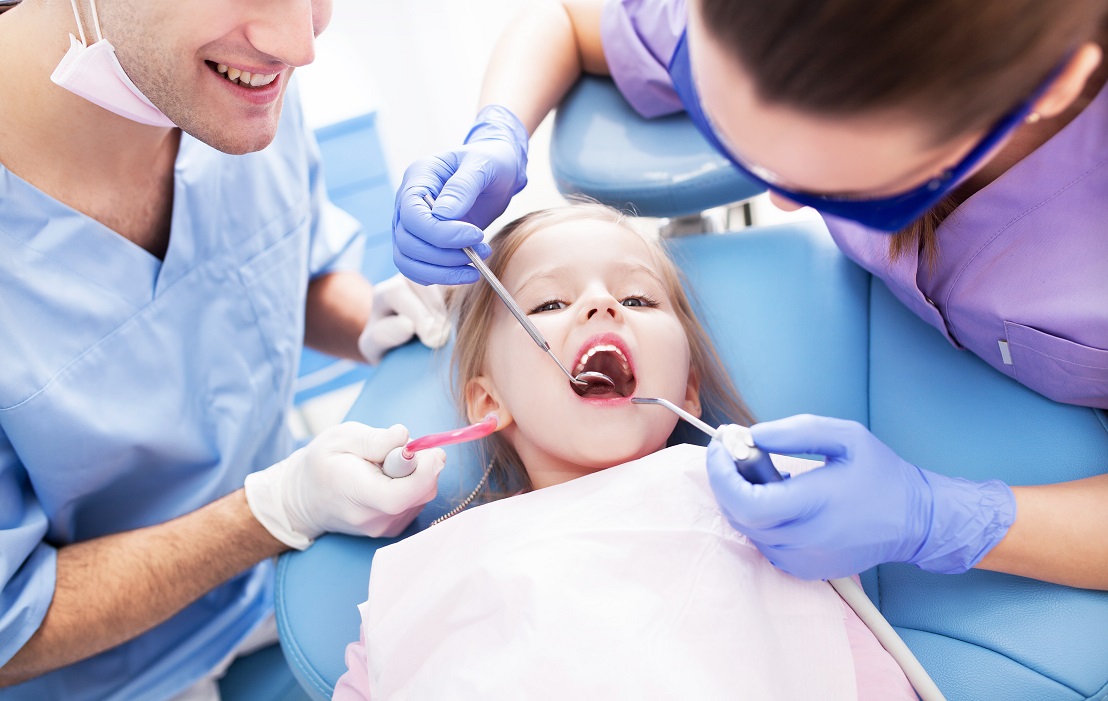
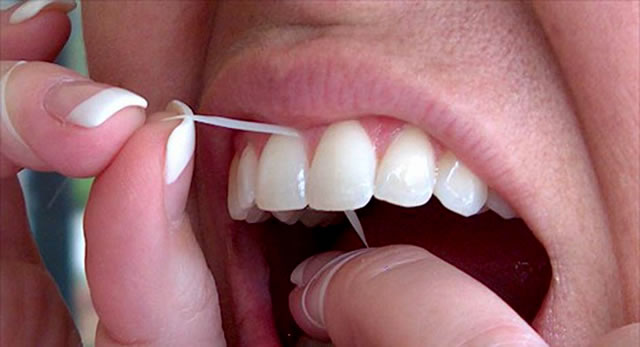
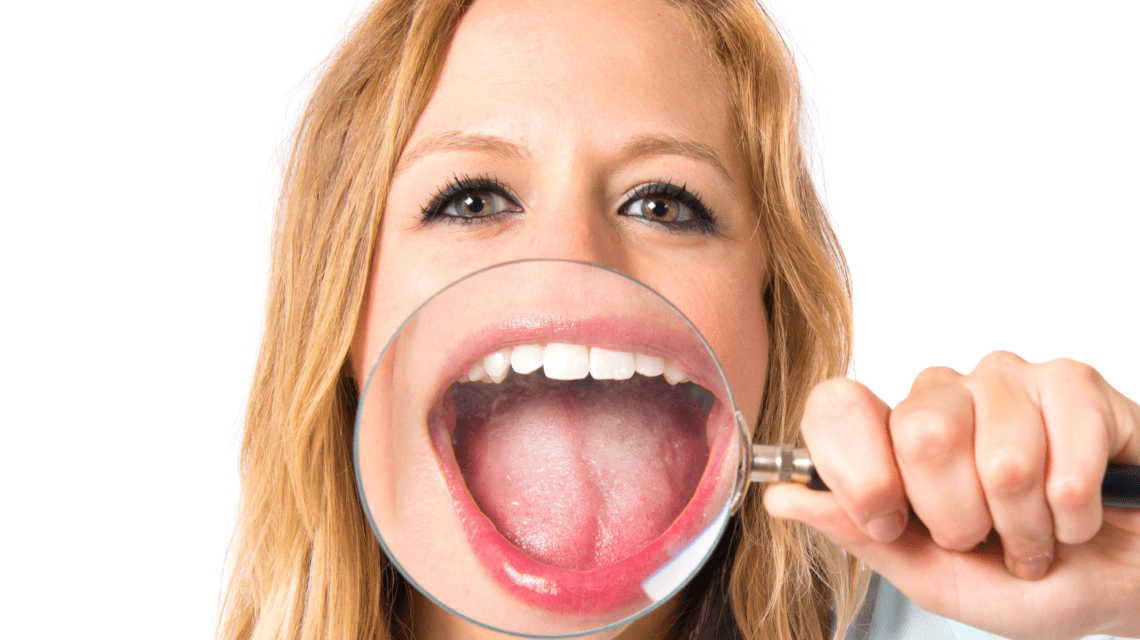
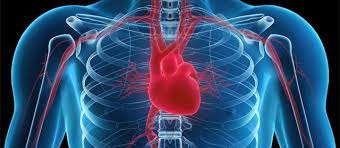

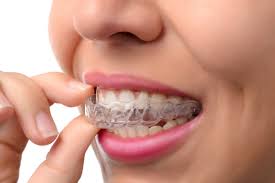 Many of us will need to have our wisdom teeth removed by a dentist. This arises from the fact that they have been known to crowd other teeth. Why were they necessary in ancient times?
Many of us will need to have our wisdom teeth removed by a dentist. This arises from the fact that they have been known to crowd other teeth. Why were they necessary in ancient times?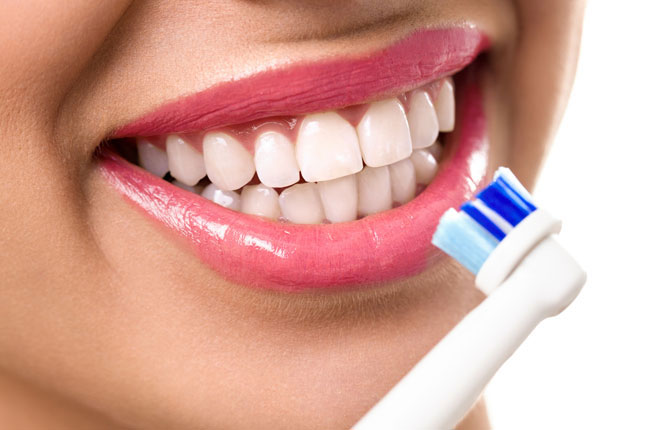 It is possible to have dental problems, even if you are brushing twice per day. Research shows that your brushing equipment and habits have a significant effect on your teeth.
It is possible to have dental problems, even if you are brushing twice per day. Research shows that your brushing equipment and habits have a significant effect on your teeth. 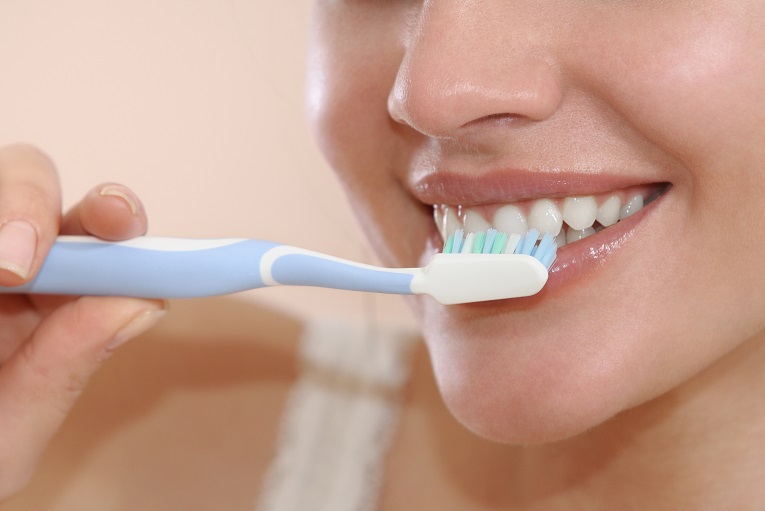 Many toothpastes claim they can treat dental erosion and dentin hypersensitivity. A recent study in Switzerland has proved otherwise:
Many toothpastes claim they can treat dental erosion and dentin hypersensitivity. A recent study in Switzerland has proved otherwise:


